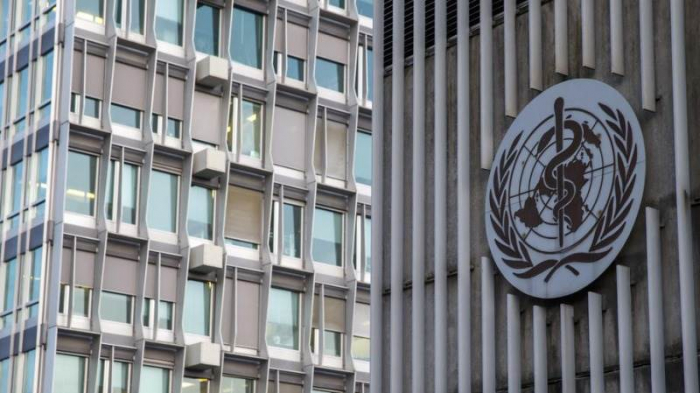"Like all new technology, artificial intelligence holds enormous potential for improving the health of millions of people around the world, but like all technology, it can also be misused and cause harm," warned WHO Director-General Tedros Ghebreyesus.
WHO said AI can be used for strengthening the delivery of health care and medicine and helping all countries achieve universal health coverage.
"This includes improved diagnosis and clinical care, enhancing health research and drug development, and assisting with the deployment of different public health interventions, such as disease surveillance, outbreak response, and health systems management," it added.
At a news conference, Dr. Soumya Swaminathan, WHO's chief scientist, said that many countries have used AI for enhancing diagnostics.
"For example, one of the most commonly used indications is reading x-rays, reading scan reports, and reading pathology slides," she said.
"This could be very useful in areas of the world where there is a lack of specialists, a lack of radiologists, a lack of pathologists."
Swaminathan said that using the internet and the possibility of sending images to remote locations could rapidly speed the reading of images, the return of results to the patient, and the treating physician who may be in a completely different part of the world.
"This is being tried for diseases like tuberculosis, for example, as well as for cervical cancer, and in many other indications, It's been tried also in COVID," said the WHO chief scientist.
It is currently also being used to improve clinical care and develop algorithms that can help healthcare workers examine the possibilities a particular patient is presenting and consider various treatment options.
"It could also help with surveillance with outbreak response, health systems management, and in the area of, drug discovery,” she added.
More about: WHO coronavirus














-1741278702.jpg&h=190&w=280&zc=1&q=100)

































